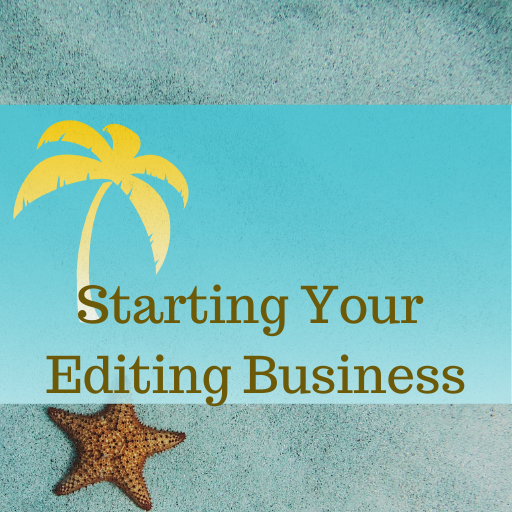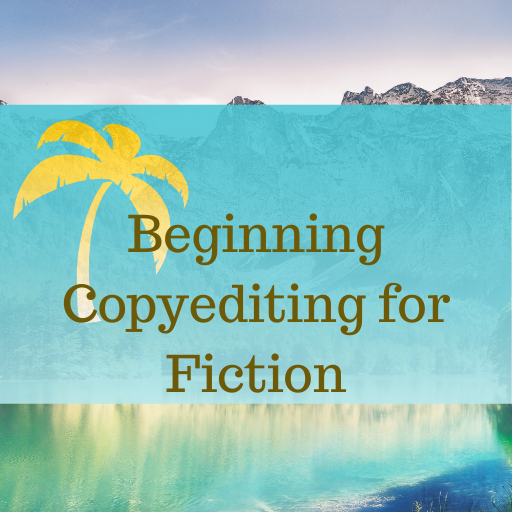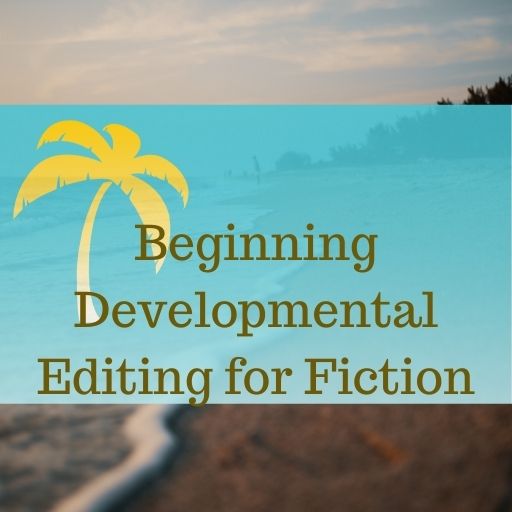Additional services for a book editing business
Need ideas for additional services for a book editing business? Freelance editors often want to expand their services to meet client needs or just to add some variety to their day.
I sympathize completely! I started out as a copy editor and while I enjoyed applying a specific style guide consistently across 80,000 words, it felt dreary doing it day after day forever. So I moved into developmental editing fairly quickly.

A lot of copy editors make this move, I’ve noticed. While they may keep their copyediting clients, they also take on more complex copyedits (which may verge on development) as well as actual developmental editing projects.
Some copy editors who explore development ultimately decide developmental editing is not for them but understanding a little about it helps them advise their clients. They may move into line editing, which focuses more on elevating the client’s prose than it does on making the words conform to a style guide.
Similarly, for developmental editors, understanding the basics of copyediting is extremely helpful because sometimes sentence-level confusion and awkwardness lead to developmental problems. Sometimes they move into line editing because this is something their clients are looking for.
Developmental editing work can shade into evaluation/assessment and coaching. Clients often want your professional feedback overall rather than a full developmental edit. A manuscript evaluation doesn’t take as much time as a developmental edit, so it can be less expensive for a client.
Or you can use a manuscript evaluation as the first round of a developmental edit with a second full developmental round done after the author’s revision (based on the first-round evaluation).
Sometimes clients want accountability help (“What if I revise a chapter each week and send it to you?”) or other kinds of coaching: “I need help brainstorming.” “I need help planning my next book.” Coaching can be a rewarding addition to plain old developmental editing.
Developmental editors also get clients who want them to fix problems, not just suggest what kinds of solutions could work. This is a type of coauthoring, often called book doctoring. It can be lucrative (but you need to charge for it). It’s a lot more work than a developmental edit is and should be compensated fairly.
Sometimes clients want the developmental editor to do all of the writing. Ghostwriting like this can also be lucrative but it is very time-consuming so it’s important to know how to charge effectively.
One way to find out if a specific type of editing is something you’ll enjoy is to take an overview class. Club Ed offers plenty of these!
Other Helpful Content
The Fine Art of Copyediting Fiction
When copyediting fiction, it’s common to run up against issues that pit author preference against standard editing approaches. For example, in a story I wrote some years ago, the main character’s neighbor is referred to as “3-B” as that is her apartment number and the MC doesn’t know her name. Fine. She can be referred…
Let the manuscript teach you how to edit it
One of the lessons I’ve learned over many years of editing is that you have to let the manuscript teach you how to edit it. Every manuscript is different and every manuscript needs a different touch. Even when an author does something I’ve seen many times before, I have to edit for that particular manuscript,…
Helping Authors Strengthen Story Settings
The setting of a novel consists of multiple elements, big and small, that nest inside each other like those little Russian dolls. We might show this hierarchy of settings like so: If you think about it, the micro setting of “the living room of 601 San Mateo Road Apartment 16” implies the existence of all…
Join the Club!
New to story editing? Begin at the beginning.








